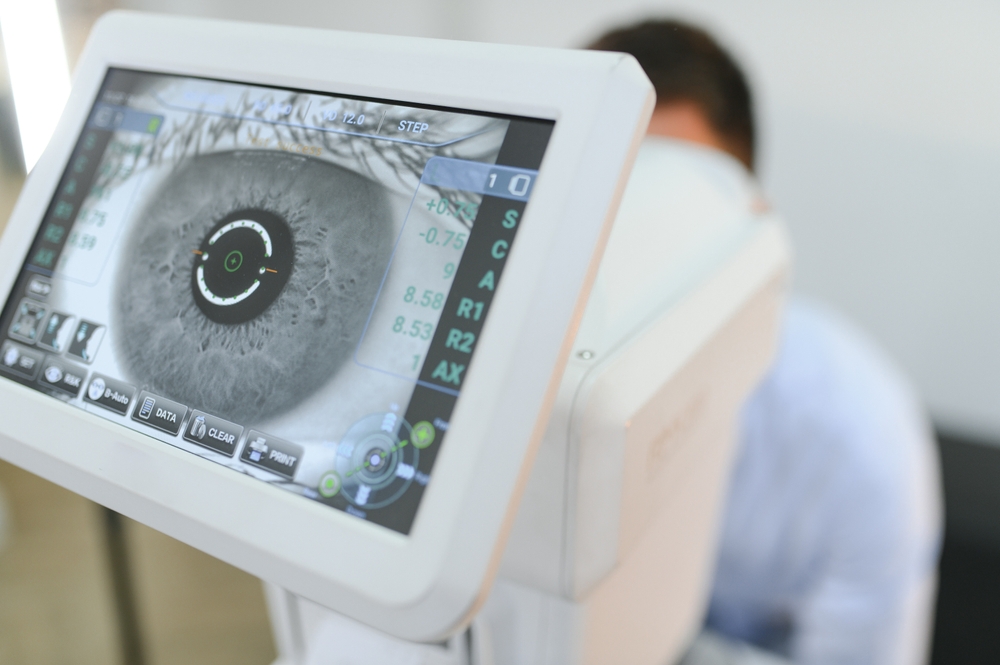
Retinal eye diseases are a group of conditions that affect the retina. Theses conditions can be caused by a variety of factors, including aging, diabetes, genetic factors, and injury. Symptoms of these conditions can include blurred vision, sudden vision loss, floaters, and light sensitivity. Early detection and treatment are crucial for preserving vision and preventing further damage to the retina.
Common Retinal Eye Conditions
Age-Related Macular Degeneration (AMD): This is a leading cause of vision loss in older adults. It occurs when the macula, the part of the retina responsible for central vision, becomes damaged.
Diabetic Retinopathy: This condition is caused by high blood sugar levels associated with diabetes, which can damage the blood vessels in the retina.
Retinal Detachment: This occurs when the retina separates from the back of the eye, often due to a tear or hole in the retina.
Retinal Vein Occlusion: This condition is caused by a blockage in one of the veins that drain blood from the retina, leading to vision loss.
Macular Edema: This is a condition in which fluid accumulates in the macula, causing swelling and vision problems.
What are Retinal Injections?
Retinal injections, also known as intravitreal injections, are a medical procedure used to treat various retinal eye conditions. These injections involve the administration of medication directly into the vitreous, the clear, jelly-like substance that fills the inside of the eye.
Retinal injections are a common and effective treatment option for many retinal eye diseases, as they allow the medication to be delivered directly to the affected area of the eye. This targeted approach can help to reduce the risk of side effects and improve the effectiveness of the treatment.
One of the key advancements in retinal injections is the development of painless techniques. In the past, retinal injections were often associated with discomfort or pain, which could deter some patients from seeking this necessary treatment. However, with the use of numbing eye drops and other pain management strategies, modern retinal injections are generally well-tolerated and minimally invasive.
The Role of Retinal Injections in Treating Retinal Eye Conditions
Retinal injections play a crucial role in the management of various retinal eye conditions. They are commonly used to treat the following:
Age-Related Macular Degeneration (AMD): Retinal injections of anti-vascular endothelial growth factor (anti-VEGF) medications can help to slow the progression of wet AMD, the more severe form of the disease.
Diabetic Retinopathy: Retinal injections of anti-VEGF medications or corticosteroids can help to reduce the risk of vision loss and improve visual outcomes in patients with diabetic retinopathy.
Retinal Vein Occlusion: Retinal injections of anti-VEGF medications or corticosteroids can help to reduce swelling and improve vision in patients with retinal vein occlusion.
Macular Edema: Retinal injections of corticosteroids or anti-VEGF medications can help to reduce fluid buildup in the macula and improve vision in patients with macular edema.
In many cases, retinal injections are used in combination with other treatments, such as laser therapy or surgery, to provide the best possible outcomes for patients.
How do Retinal Injections Work?
The procedure involves numbing the eye with anesthetic drops, followed by a careful injection of the medication using a fine needle. The medicine works by targeting abnormal blood vessels or reducing inflammation, which helps to prevent further damage to the retina and can even improve vision. Regular monitoring and follow-up injections may be necessary to manage the condition effectively.
Schedule Your Consultation with The Center for Eye Care and Optical Today
Retinal injections are a crucial and effective treatment option for a variety of retinal eye conditions, including age-related macular degeneration, diabetic retinopathy, and macular edema. With the development of painless techniques and targeted delivery of medication, retinal injections have become a more accessible and well-tolerated treatment option for many patients.
At The Center for Eye Care and Optical, we are dedicated to providing comprehensive and personalized care for patients with retinal eye diseases. If you or a loved one are experiencing vision problems, schedule an appointment with our experts at our office in West Islip, New York, or call (631) 825-7725 to book an appointment today.










